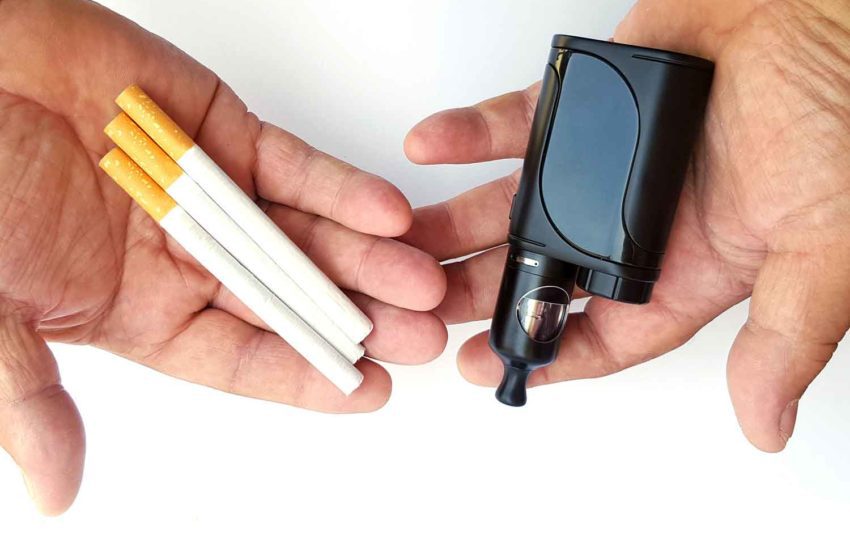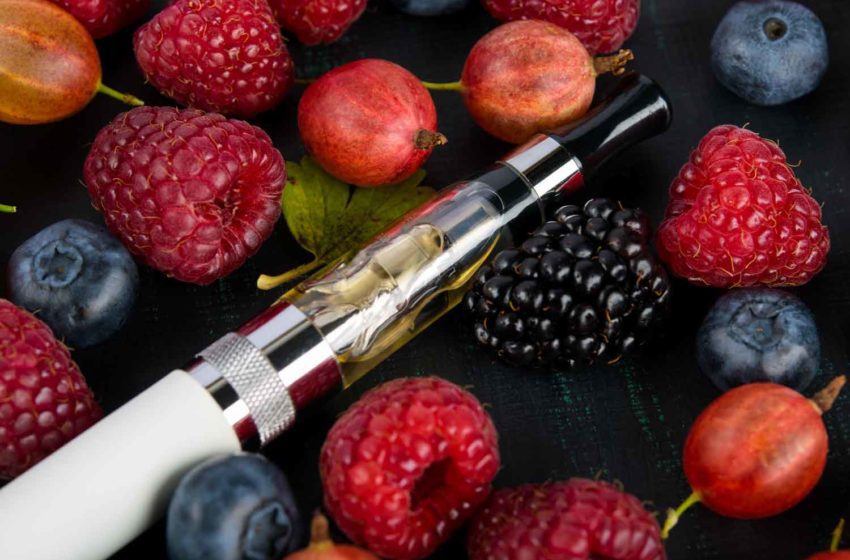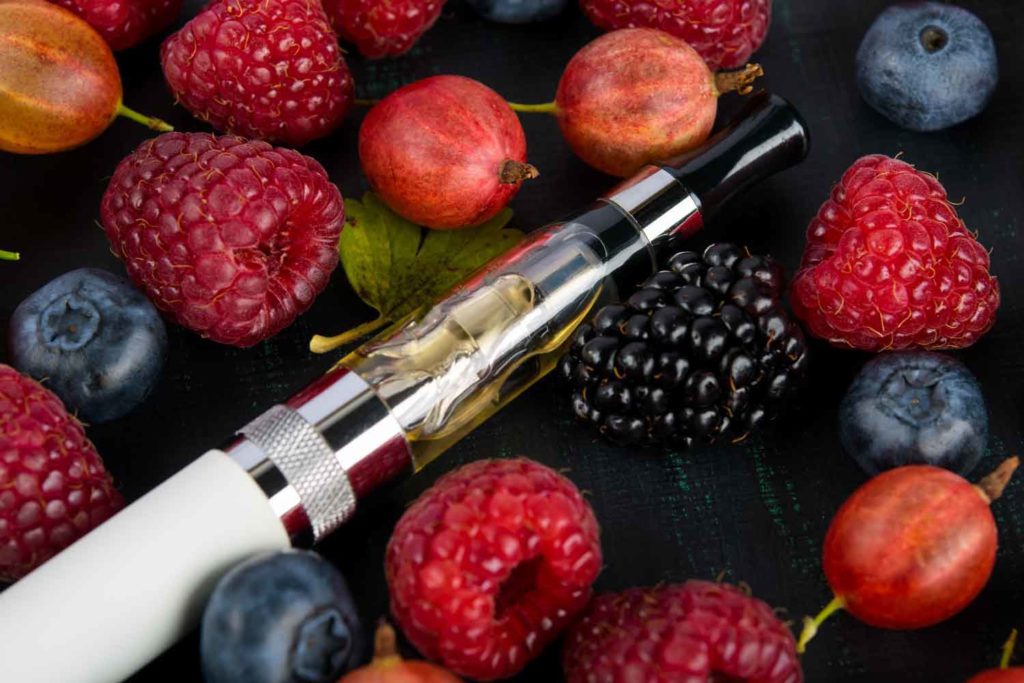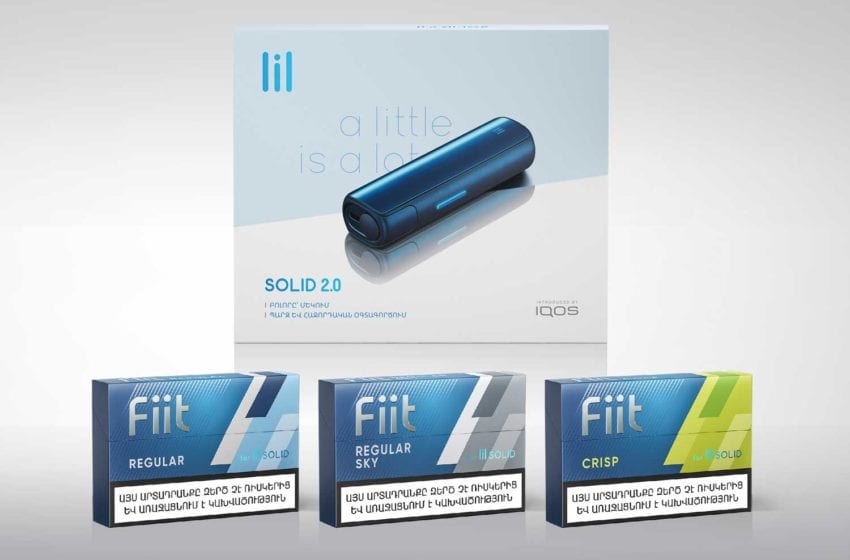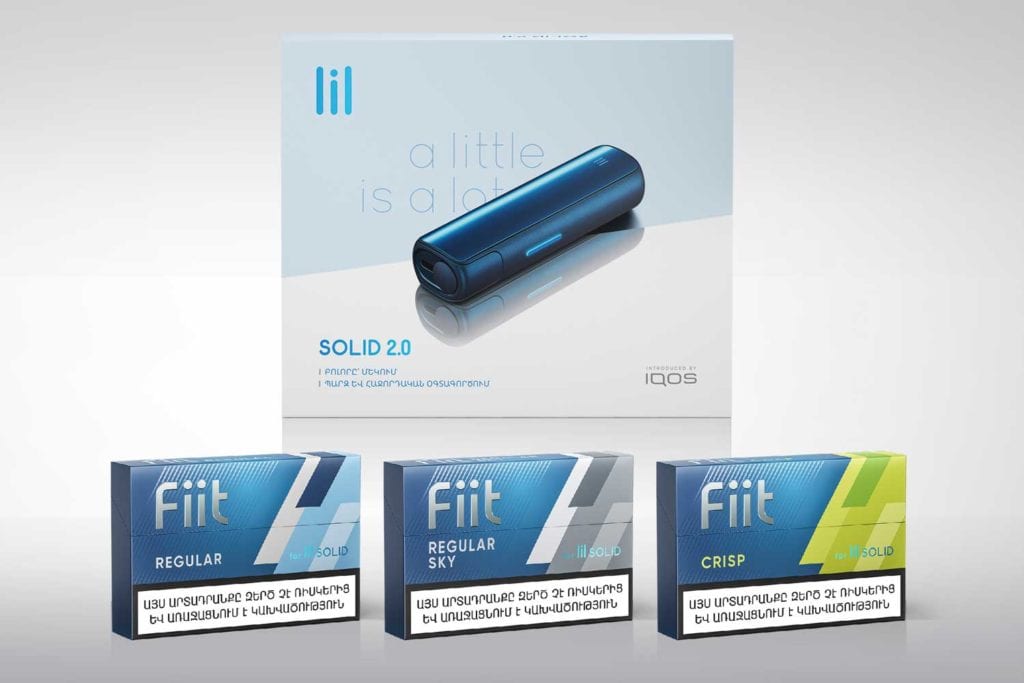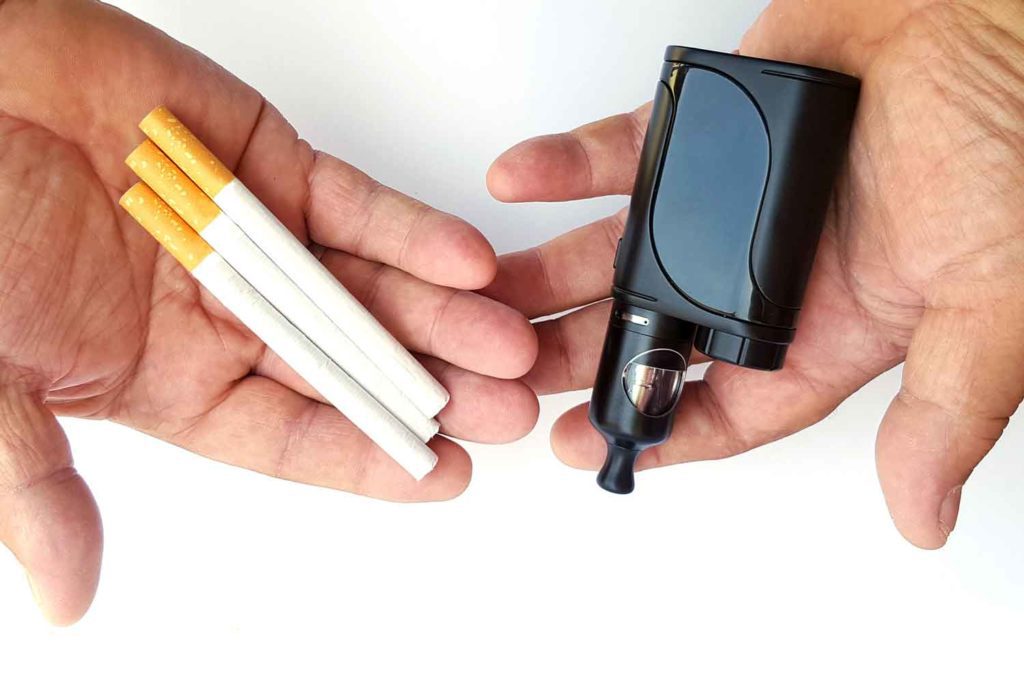
The Malaysian Vape Chamber of Commerce (MVCC) has urged to government to introduce risk-proportionate taxes and regulations for e-cigarettes and combustible cigarettes, reports The New Straits Times.
Recently, the government of Malaysia announced a 200 percent tax hike for vape products, to be implemented at MYR1.20 per ml for nicotine e-liquids and non-nicotine e-liquids.
Industry players feel that the taxation rate is too high and will negatively impact the industry. They are likely to pass on the cost to consumers.
“Manufacturers have no choice but to increase the price of their products as the tax rate imposed is equivalent to the current retail price of vape products,” said MVCC Head of Information Ashraf Rozali. “For example, each 30ml bottle of e-liquid will be taxed at MYR36.”
“With this rate, the estimated retail price of vape e-liquids will reach twice the current price per 30ml bottle. Therefore, the new tax rate will not only affect one party but will impact the entire ecosystem, including adding burden on consumers,” Ashraf said.
At the same time, the government has also announced recently that a regulatory framework for tobacco and vape products will be tabled next year.
Any regulations introduced must include elements that can encourage smokers to switch to less harmful products such as e-cigarettes, said Ashraf. He called on the public to sign a petition calling for risk proportionate regulation.

